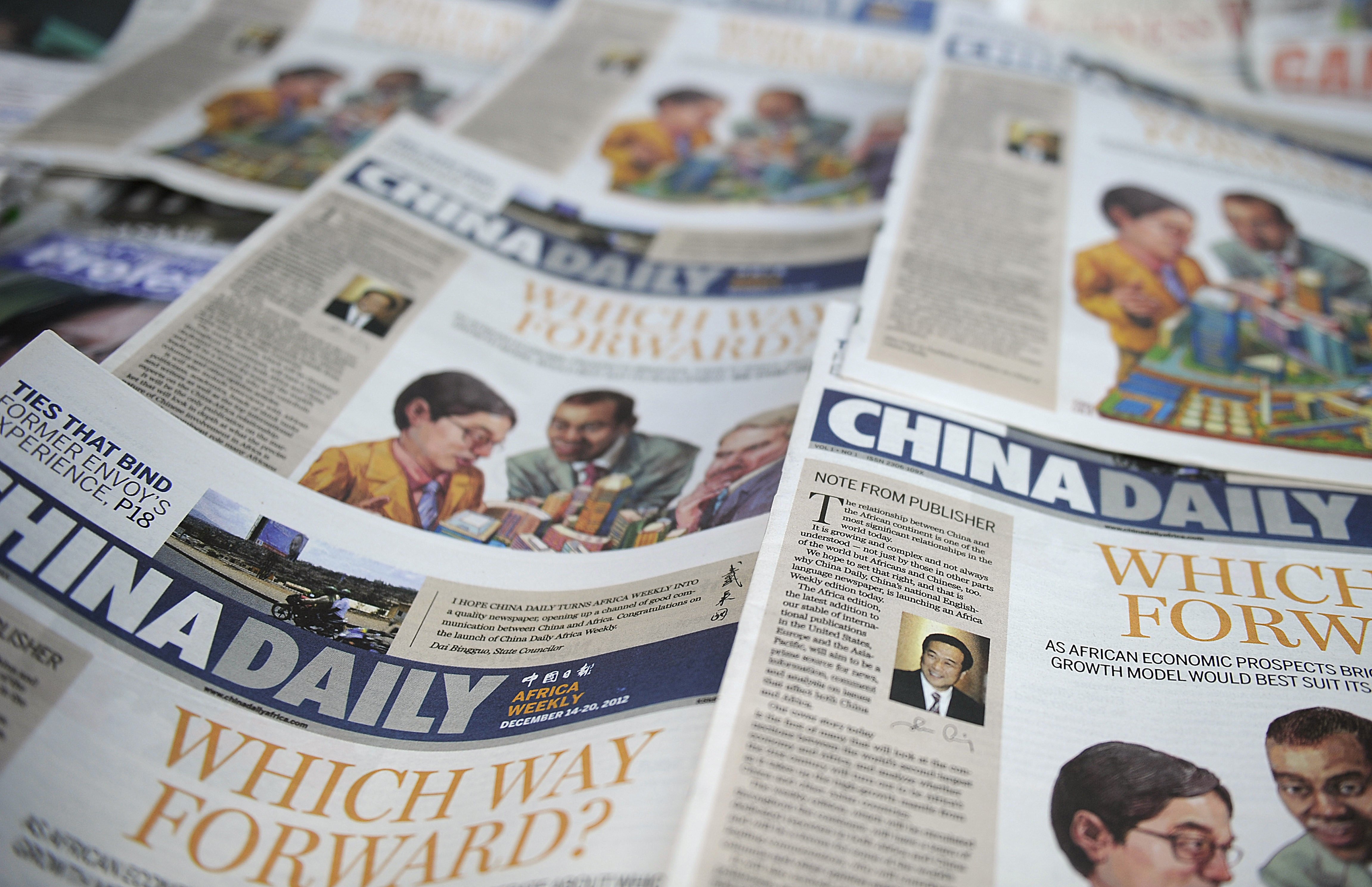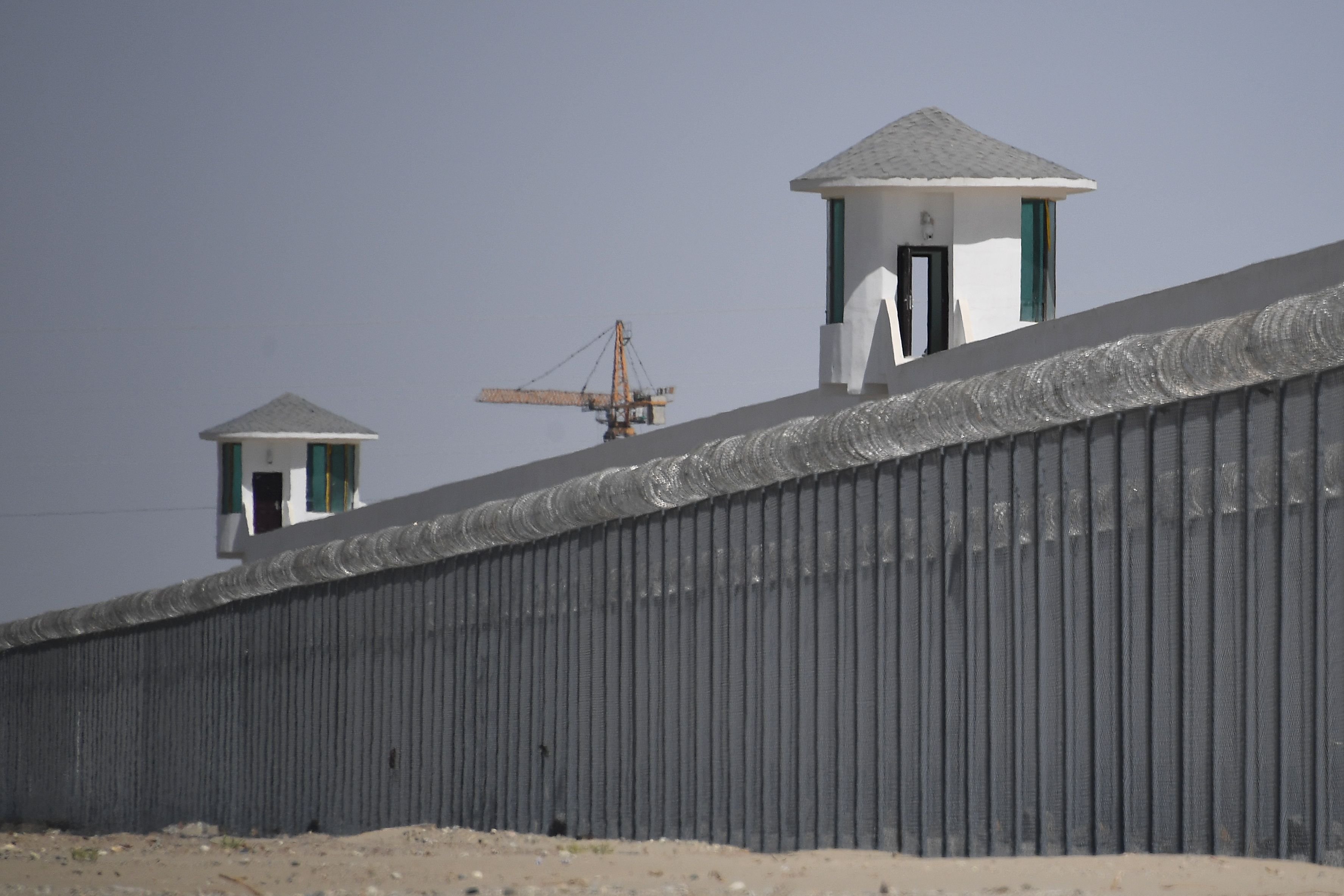The U.S. will move to block imports of cotton and tomato products from China’s Xinjiang region due to allegations of forced labor, ratcheting up tensions between the two countries, Reuters reported.
Officials with U.S. Customs and Border Protection (CPB) told Reuters the actions will be announced at the White House along with five other important bans involving Xinjiang, a region in China with a significant population of Uighurs. Uighurs have been revealed in numerous reports to be the victims of a targeted ethnic cleansing campaign that some have called a “genocide.”
The ban will likely escalate tensions between the two countries after a series of other moves, including the decision to classify Chinese media outlets within the U.S. as foreign missions. China recently stopped renewing press credentials for some journalists from American organizations, a group of media workers said Monday.

Copies of China’s Africa edition of its daily newspaper sits on a news stand in the Kenyan capital Nairobi on Dec. 14, 2012. (TONY KARUMBA/AFP via Getty Images)
The “Withhold Release Orders” allow the CBP to detain shipments per a U.S. law that forbids the importation of merchandise produced by forced labor. In early July, CBP detained a shipment of 13 tons of human hair products totaling $800,000 that were suspected to have originated in Xinjiang at labor camps. (RELATED: US Seizes 13 Tons Of Human Hair Suspected To Be From Uighur Forced Labor Camps In China)
Human rights groups have accused China of overseeing forced factory labor in Xinjiang, along with constant surveillance, religious and political education camps, and bans of Muslim religious practices like fasting aimed at suppressing the Muslim Uighur minority.

This photo taken on May 31, 2019 shows watchtowers on a high-security facility near what is believed to be a re-education camp where mostly Muslim ethnic minorities are detained, on the outskirts of Hotan, in China’s northwestern Xinjiang region. – As many as one million ethnic Uighurs and other mostly Muslim minorities are believed to be held in a network of internment camps in Xinjiang, but China has not given any figures and describes the facilities as “vocational education centres” aimed at steering people away from extremism. (GREG BAKER/AFP via Getty Images)
Labor rights groups alleged in March that Uighur Muslims were forced to sew Lacoste-branded gloves in China, and were also forced to undergo ideological and behavioral reeducation at the factory. Lacoste says it halted its shipments after learning of the labor abuse in its supply chain, according to the Associated Press.


